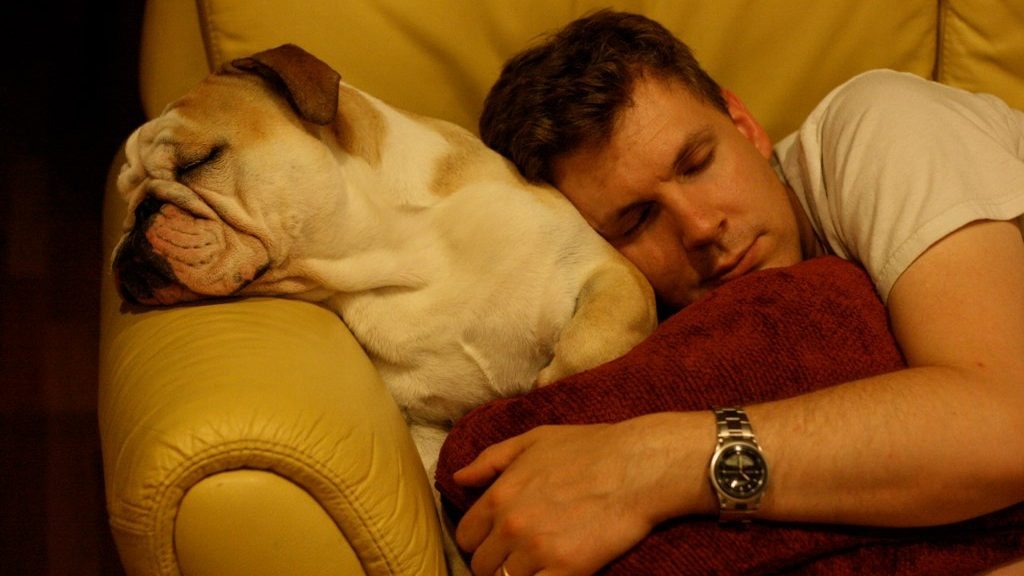Warwick research finds a good night’s sleep feels like winning the lottery
New findings from research at Warwick University has revealed that a good night’s sleep can be as exhilarating as winning a lottery jackpot of around £20,000.
The research, which analysed the sleep patterns of more than 30, 500 people in UK households across four years, was carried out by Dr Nicole Tang in the department of Psychology at Warwick University.
According to scores on the General Health Questionnaire (GHQ), used to monitor psychological wellbeing in patients, when patients made positive changes in sleep patterns over time, such as focusing on sleep quality instead of quantity, and decreasing reliance on sleep medication, mental health was optimised.
People who reported positive improved sleep scored a 2-point change in the GHQ – a result equal to those collected from patients completing an eight-week programme of mindfulness-based cognitive therapy created to improve psychological wellbeing.
The same individuals displayed increased scores on the 12-Item Short Form Survey, which tests levels of physical and emotional health, as well as people’s ability to perform everyday activities.
On the other hand, it was found that a lack of sleep, poor sleep, and increased sleep medication can cause a person’s mental health to deteriorate.
The research highlights that altering the quality and quantity of sleep amongst the population – as well as reducing the use of sleep medication – is an effective and cheap method of raising the health and wellbeing of society as a whole.
As a result, Dr Tang argues for the promotion of altered sleep patterns and medication intake to be promoted as a public health value – a cautionary step that the majority of the population can partake in, and benefit from.
Dr Tang commented: “It is refreshing to see the healing potential of sleep outside of clinical trial settings, as this goes to show that the benefits of better sleep are accessible to everyone and not reserved for those with extremely bad sleep requiring intensive treatments.”

Comments